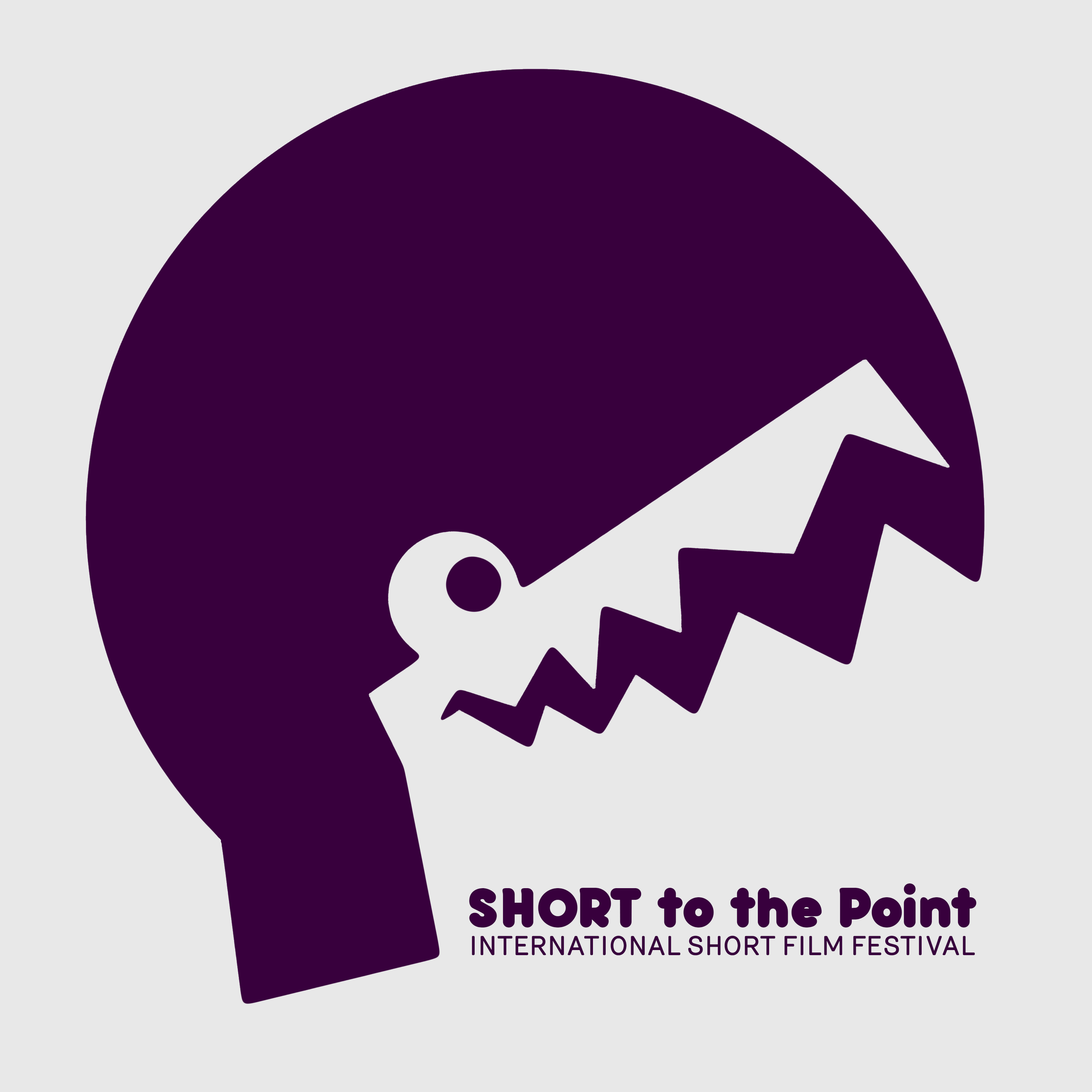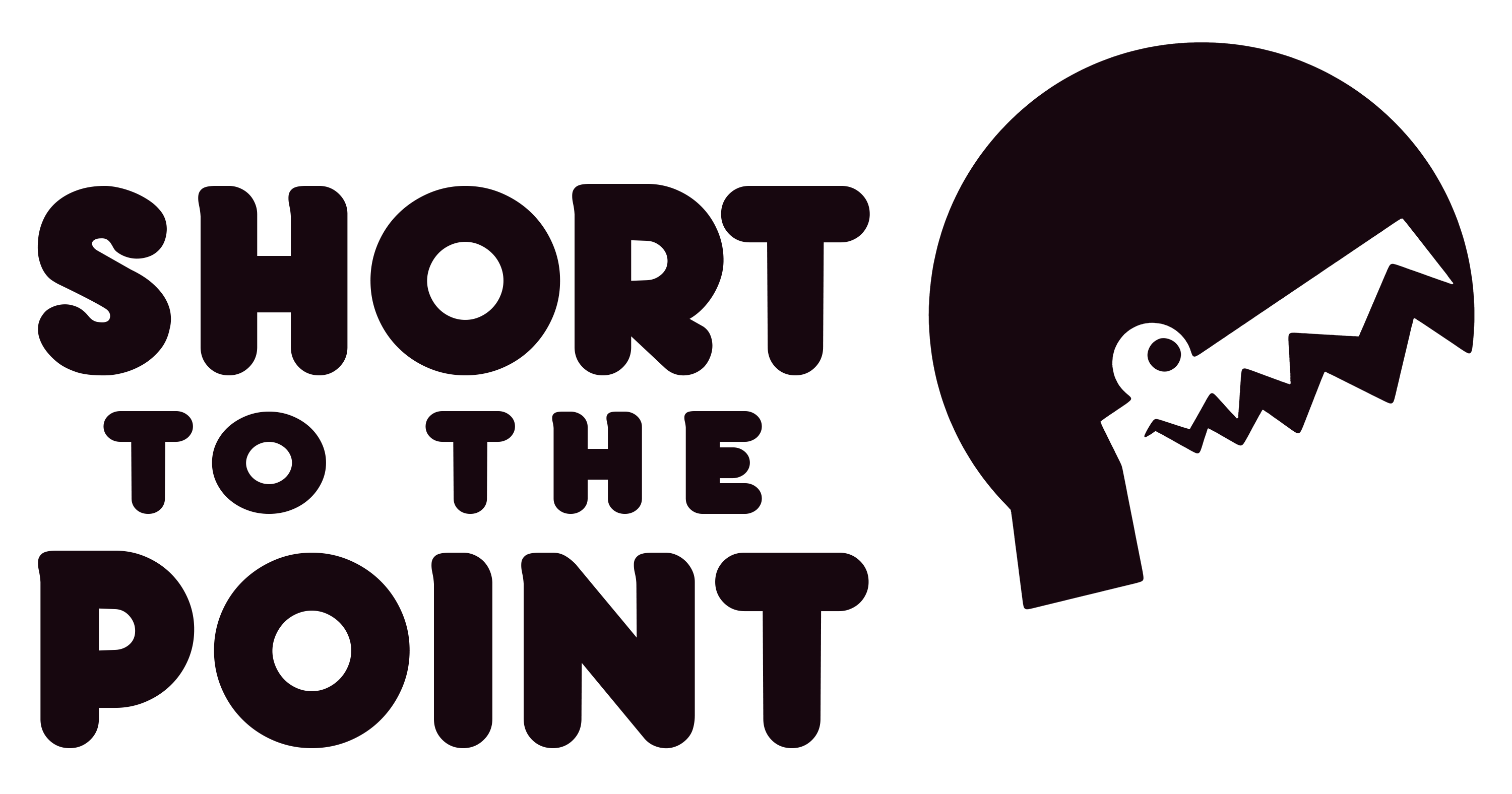- What personality or character traits are necessary to excel in being a cinematographer/DP?
I think mainly for me it is patience and being calm which is important. But also more importantly it is being prepared and organized. Before we make a film I like to study the script, chat with the director and see what they had envisioned and then plan the storyboard and shots ahead so I know full well before we go in, how it needs to be shot and if there are any specific techniques needed in order to make that shot or sequence even better. For example if I am going to use a gimble or drone etc. Anything to enhance a film and sequence but not using tech for the sake of it when it isn’t needed. So being patient, efficient and communicating what you need in order to capture the moment in the way you want is good.
- In terms of cinematographers, who do you like?
I have several cinematographers I like, Roger Deakins of course and also Emmanuel Lubezki who has shot some of my favourite films. Something I particularly note about Lubezkis work is the artistry and techniques going into something to make it immersive. Gravity, Birdman and The Revenant are incredible pieces of work which you not only enjoy as they’re great films but the way they are shot you feel almost part of it. But really one of my favourite ever films which Lubezki has shot is The Cat in The Hat, the 2003 version of the book starring Mike Myers, it is just joyous!
- What makes good cinematography?
For me, good cinematography is something which can enhance the narrative, not just put pictures on screen. For example, looking back at Luzbezkis work, the shots in Gravity make you feel the panic and terror of being stuck in space. You’re not only seeing, it but you are feeling it too. This works not only for these big films but other content too. For example, my time working on Top Gear the guys who film that are some of the best cameramen working in TV, some of the shots they can get of the cars both in and out of them when driving at speed and doing the statics, well you can feel part of it, you can feel the rush. Just watching them work and how they put it together is exciting and artistic and that is what makes the show so good, the more exciting and engaging the camera work, the more engaging the show. Overall though I think to be a good cinematographer it is good to build your own style. If you can shoot something which people can see has your own ‘style’ to it, then great.
- What makes a good camera? And what has been your favorite camera to use?
I have owned and used several DSLR cameras over the years. Starting off with the Canon 550d, 6d and now use the Sony A7iii, which I am really enjoying using. What I love about DSLR cameras are the wide capabilities and easy size but also the functionality of them. I have also used a Sony FS7 when shooting for TV, a camera which I also really like, a great all-rounder for all TV production. Something I have learnt though is regardless of how good the camera is, it really just depends on how good the person operating it is.
- Do you think that cinematographer’s work has changed when movies went from film to digital?
Since the switch to digital there has been a change, you can easily re-shoot and ingest footage, everything has gotten a lot easier even when it comes to the edit. There isn’t as much of a large cost or time consumption as much anymore. I suppose there has been a lot of ease now with the switch to digital, people worry that an artistry is being lost but with these new technological advances, a new artistry is forming and it is about embracing the digital world. It is easier for anyone to make films now, I for example could only learn to shoot now because of the steps in digital production made. It is opening up a world to people which they probably couldn’t have considered before. Everyone can now be behind a camera but you have to work harder to stand out.
- Now that people watch films on TV, computers and even their phones, do you think about that end experience when you are shooting?
It is something that comes to mind. Usually I find that a lot of content can easily be transferred and consumed across all media but what is being more apparent is that that if you can create shorter and more entertaining content that is important. So for example when shooting now, knowing it is going online I want to make sure what I am shooting is enjoyable and almost straight to the point, visual but engaging. That is what I create working alongside the directors and writers, helping shoot and bring to life something that is engaging for an online audience. You need to grab their attention in many ways, it is easier to watch now than ever before but it is even easier for the audience to switch off and onto something else so you need to grab that audience quickly with good visuals and content in equal measure.
- Which one is more important: light or shadow?
It works in equal measure really, shadow makes things look arty and you can express emotion with shadow. However, if a shot isn’t lit well it will look amateur. So a good healthy balance works well.
- What is the cinematographer’s involvement in pre-production, production and post-production?
For me at the moment with the films I am making alongside my brother, I am heavily involved throughout. Throughout the planning stage as we are discussing the concept and film, I am planning how it will be shot. For example, with our film, ‘Adventure Brothers’ which was a cross between animation and live action with shot on green screen too during the planning I did a test shoot and then after seeing how the concept would work, I went through the script and make a shot plan and detailed storyboard. This was very important as there was so many different elements to make the film with green screen, we had to know beforehand how it should be filmed. And then in post-production I am often the main editor too, so I can plan, shoot and then put the film into the vision I think it will be beforehand alongside the director. It is incredibly important to plan as you don’t want to miss anything or not capture the correct content but also as we try and shoot as much various content as we can I want to make sure I know, research and plan each shoot thoroughly before hand.
- What involvement in the production budget does the cinematographer/DP have?
When planning for shooting a film, when it comes to budget I usually work on the smallest of or no budget at all so far so any sort of specific camera plan usually just comes off our own backs using my own kit which I am lucky to have at home. However when coming to budgeting a film before hand, when working as a cinematographer or DOP the input I would have is if we need extra kit. For example when working on the short horror/art film ‘Venus’ a few years back when planning with the director about shots he wanted and how he wants the film to be I knew I needed a gimble and the 3 point dedo lighting with the gobo attachment in order to achieve this properly. This was added into the films budget as the extra kit needed. So being involved I the budget is very important as if there is specific kit needed for the film then it needs to be accounted for within the money as otherwise the vision cannot be achieved. Or if not the expectations needs to be met.
- What is your most valuable advice for being a Cinematographer/DP?
Practice makes perfect. Shoot as much as you can. Get yourself a camera and shot all sorts, even if your dad is making a cake, shoot it, get that practice in. The more you practice the better you can. And in general watch as much content as you can. The more you learn and watch, the more well rounded your overall film knowledge will be.










